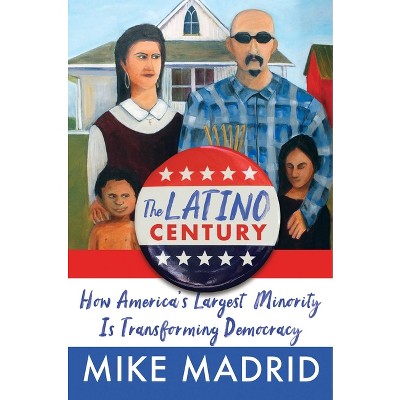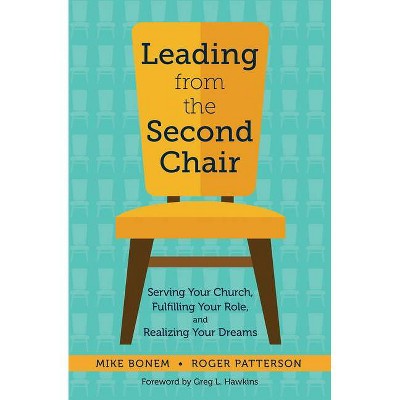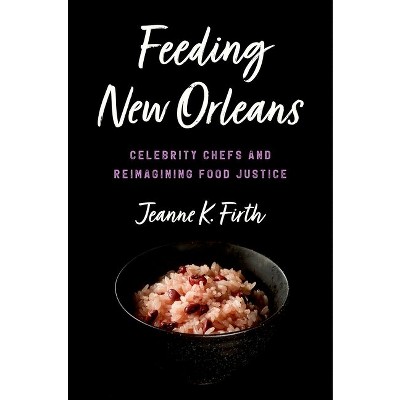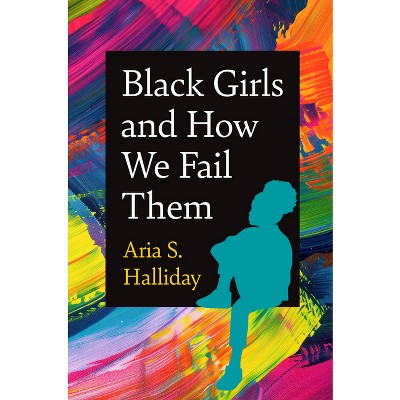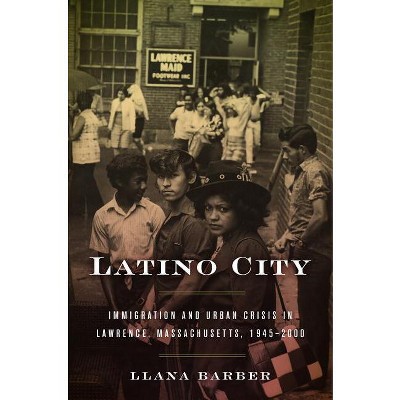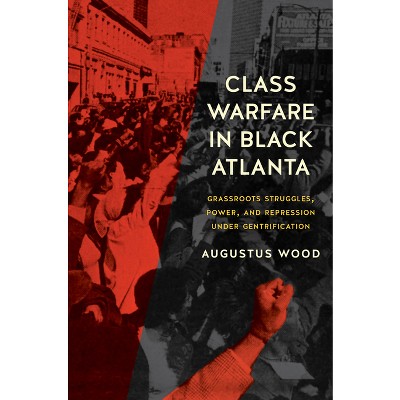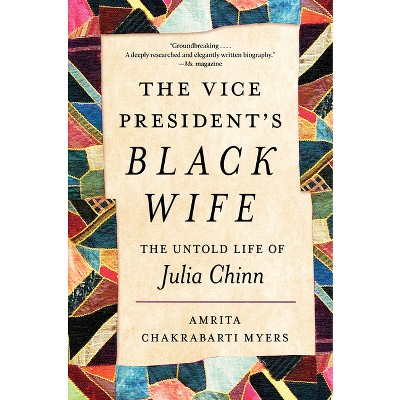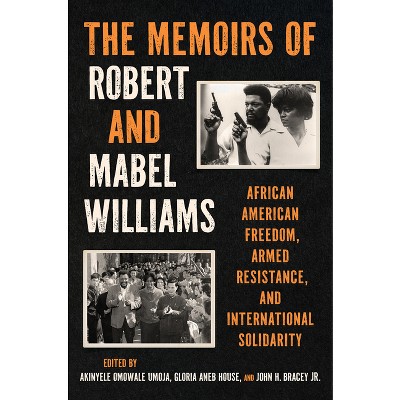Sponsored

Rebuilding New Orleans - by Sarah Fouts
In Stock
Sponsored
About this item
Highlights
- In the aftermath of Hurricane Katrina, Central American and Mexican immigrants arrived in New Orleans to help clean up and rebuild.
- About the Author: Sarah Fouts is assistant professor in the Department of American Studies and director of the Public Humanities minor program at University of Maryland, Baltimore County (UMBC).
- 216 Pages
- Social Science, Ethnic Studies
Description
About the Book
"In the aftermath of Hurricane Katrina, Central American and Mexican immigrants arrived in New Orleans to help clean up and rebuild. When federal relief services overlooked the needs of immigrant-led construction and cleanup crews as part of post-Katrina mass feeding strategies, street food stands and taco trucks stepped in to ensure food security for these workers. Many of these food vendors settled in the city over the next decade, opening restaurants and other businesses. Yet, in a city experiencing whitewashed redevelopment, new immigrants were frequently pitted against Black poor and working-class New Orleanians for access to housing and other resources. During Fouts's five years as a volunteer with the New Orleans Workers' Center for Racial Justice, she came to know and interview the day laborers, food workers, culture producers, and community organizers whose stories shape this book. Her work reveals how, after the storm, immigrant communities have culturally and politically reshaped New Orleans and its suburbs. Fouts also highlights how immigrants forged multiracial solidarities to foster inclusive change at the local level. By connecting migration, labor, and food, Rebuilding New Orleans centers human experiences to illustrate how immigrant and established communities of color resisted criminalization and racial capitalism to create a more just New Orleans"--Book Synopsis
In the aftermath of Hurricane Katrina, Central American and Mexican immigrants arrived in New Orleans to help clean up and rebuild. When federal relief services overlooked the needs of immigrant-led construction and cleanup crews as part of post-Katrina mass feeding strategies, street food stands and taco trucks stepped in to ensure food security for these workers. Many of these food vendors settled in the city over the next decade, opening restaurants and other businesses. Yet, in a city experiencing whitewashed redevelopment, new immigrants were frequently pitted against Black poor and working-class New Orleanians for access to housing and other resources.
During Fouts's five years as a volunteer with the New Orleans Workers' Center for Racial Justice, she came to know and interview the day laborers, food workers, culture producers, and community organizers whose stories shape this book. Her work reveals how, after the storm, immigrant communities have culturally and politically reshaped New Orleans and its suburbs. Fouts also highlights how immigrants forged multiracial solidarities to foster inclusive change at the local level. By connecting migration, labor, and food, Rebuilding New Orleans centers human experiences to illustrate how immigrant and established communities of color resisted criminalization and racial capitalism to create a more just New Orleans.
Review Quotes
"Decentering displacement as the sole narrative of the city, Rebuilding New Orleans beautifully illustrates the power of multiracial, cross-class solidarity among street vendors and day laborers despite fraught conditions."--Ashanté Reese, author of Black Food Geographies: Race, Self, Reliance, and Food Access in Washington, D.C.
"Effective, detailed, and critically sharp, Rebuilding New Orleans shows how Black and Latinx labor organizers forge political solidarity to struggle against state abandonment and violence."--Ruth Gomberg, Loyola University Chicago
"The strength of Fouts's analysis . . . is in the intimate portraits of lives that were, she writes, 'hidden in plain sight' vendors who ply baleadas and licuados among the trio of adjacent food and flea markets that operate on the West Bank; the family that owns a restaurant in Mid-City and faces the same existential threats--displacement due to rampant redevelopment--that they did back home in the coastal Honduran town of Tela; the esquina owner who feeds the police officer who writes her a parking ticket for violating the policy that required food trucks to move every half-hour."--Times-Picayune
About the Author
Sarah Fouts is assistant professor in the Department of American Studies and director of the Public Humanities minor program at University of Maryland, Baltimore County (UMBC).Shipping details
Return details
Frequently bought together
Trending Non-Fiction





